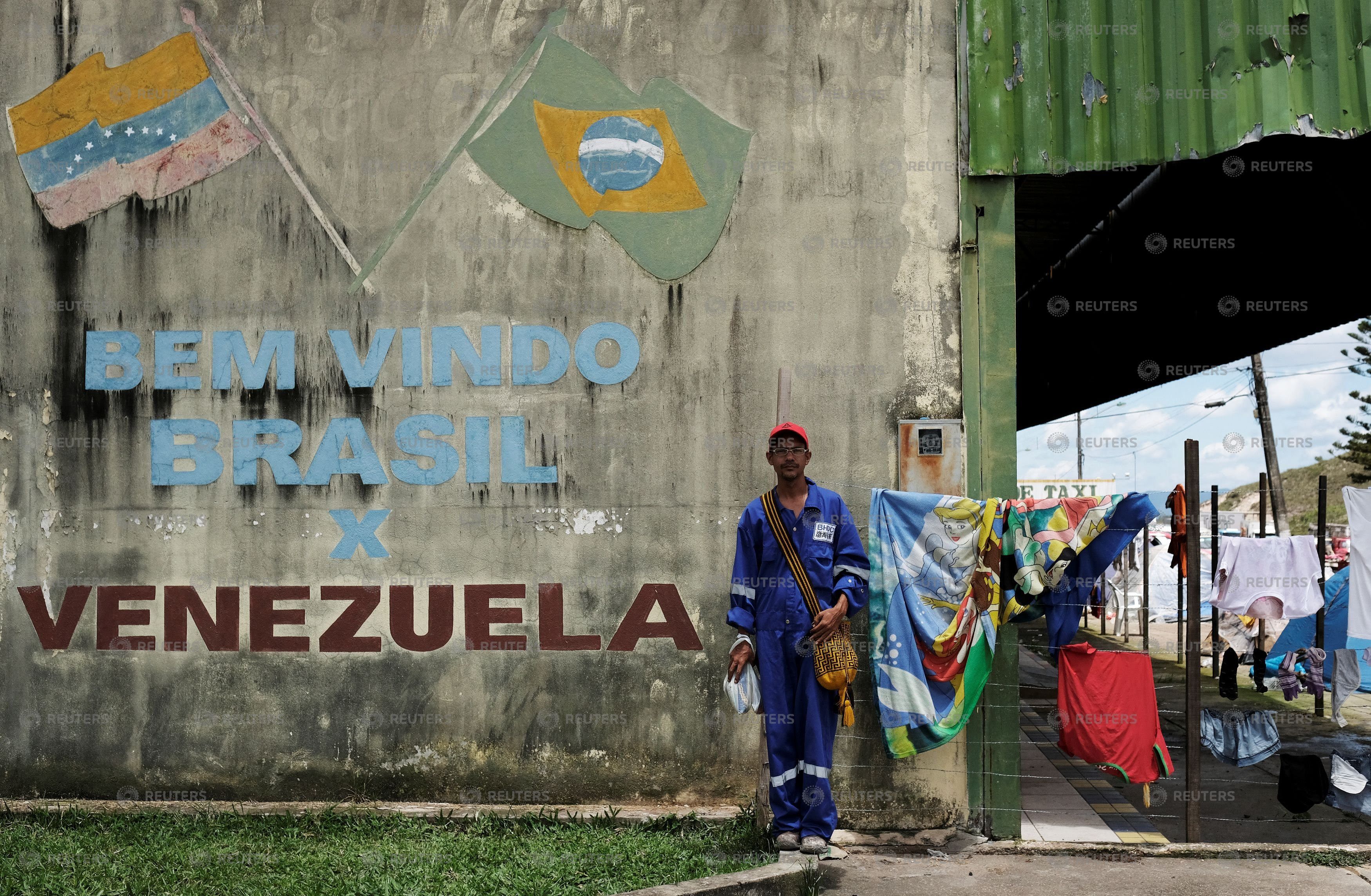August 28, 2018
Borders. Who gets to define them, control them, and cross them is a critical political issue in dozens of countries across the globe these days. Here are three recent stories about borders that caught our attention.
Backlash in South America: As Venezuelans continue to flee their country’s government-driven humanitarian crisis, the exodus is beginning to generate pushback in neighboring countries. Earlier this month, Brazil sent the army to quell a local riot against Venezuelan migrants at the border. Now Peru has tightened restrictions, requiring Venezuelans to hold a passport, rather than an easily-forged national ID card, to enter the country. Passports are expensive and rarely held by Venezuela’s most vulnerable people, meaning that the measure in effect shuts out thousands of impoverished migrants. The UN has criticized the move, which the Peruvians argue is needed to preserve order and security – but it may just end up spurring more clandestine border-crossings. Colombian, Peruvian, and Ecuadorean officials are currently meeting to discuss. South America has typically been less affected by the kinds of border issues that have plagued Central American countries further north, but issues of security, sovereignty, and social backlash are coming to a head fast as Venezuela’s monstrous deterioration continues to take a toll on its neighbors.Border dwellers who like things loose: Often it’s the people who live just inside the frontiers who clamor loudest for their governments to tighten the borders against migrant flows. Earlier this year, for example, the Bavarians who live along Germany’s southeastern border nearly brought down the national government by demanding that Berlin impose more checkpoints to stem the flow of Middle Eastern and North African asylum seekers. And of course, Italy, which makes up a large swathe of the EU’s southern border, is already bucking Brussels by turning away boatloads of migrants.
But in North Africa, the situation is different. There, people who live right along (often arbitrarily-imposed) borders, far from major population centers and economic hubs, are typically marginalized populations who depend on smuggling for survival. So when central governments tighten borders to stop militants, weapons, and migrants – but fail to address the broader economic problems that cause black markets in human trafficking and contraband to flourish – they may end up exacerbating the problems of poverty and economic exclusion that breed militancy and social instability.
Fluid borders: Lastly, while some border disputes are about who’s crossing over them, others are about what’s flowing under them. A recent report on water resources along national borders by Quartz finds that two-thirds of the world’s frontier rivers aren’t governed by cross-border agreements, placing hundreds of millions of people at risk in the event that governments clash over those resources. There are currently open or potential water disputes between dozens of countries including the US and Mexico; India and Pakistan; Israel, the Palestinian territories, and Jordan; and between Egypt and almost all of its southern neighbors along the Nile. As climate change and population growth place growing strains on water resources worldwide, the question of who gets access to rivers and underground aquifers is an increasingly urgent one.
More For You
Most Popular
Fishing boats moored at Taganga Beach, as fishermen express concern over unclear US government videos showing strikes on vessels during anti-narcotics operations, amid fears that those targeted may have been fishermen rather than drug traffickers, in Santa Marta, Colombia, on October 20, 2025.
REUTERS/Tomas Diaz
Walmart’s $350 billion commitment to American manufacturing means two-thirds of the products we buy come straight from our backyard to yours. From New Jersey hot sauce to grills made in Tennessee, Walmart is stocking the shelves with products rooted in local communities. The impact? Over 750,000 American jobs - putting more people to work and keeping communities strong. Learn more here.
© 2025 GZERO Media. All Rights Reserved | A Eurasia Group media company.
